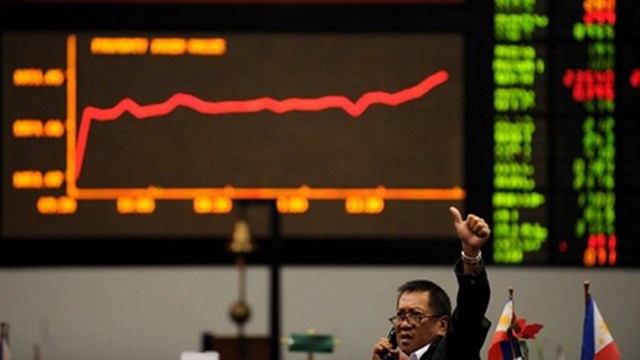SUMMARY
This is AI generated summarization, which may have errors. For context, always refer to the full article.

MANILA, Philippines – The Bureau of Internal Revenue (BIR) stands firm with its plan to impose higher transaction taxes on the trading of shares of listed companies that do not comply with the minimum 10% public ownership requirement.
On Friday, December 14, the Philippine Stock Exchange (PSE) announced that the BIR will no longer no longer extend its one-year grace period for the companies to meet the rules set to be in place by January 1, 2013.
The BIR was supposed to implement the regulation last year but private firms and the PSE asked for more time to comply.
The BIR said that if the company fails to meet this requirement, the listed firm is essentially not considered publicly-owned and that its transactions should not be different from other business deals.
By January, the trading of shares of non-compliant firms in the stock market will then be slapped with a 5% capital gains tax on gains amounting to P100,000 and below, and 10% if the gains exceed P100,000, according to BIR Revenue Regulation 16-2012.
At present, when the stocks of a listed company are sold or brought through the stock market, the transaction is subject to a stock transaction tax of 1% of the gross selling price or gross value in money of the stocks sold.
This stock transaction tax is in lieu of the capital gains tax usually imposed on the sale of property, which is computed based on the difference between the original cost of the asset and the final selling price.
A documentary stamp tax of P0.75, meanwhile, applies on each P200 or a fraction thereof of the par value of the stock.
The BIR said all publicly-listed companies are required at all times to maintain a 10% minimum percentage of listed securities held by the public. This must be exclusive of any treasury shares.
As part of the implementation of the regulation, the BIR is requiring companies to submit to the BIR a quarterly public ownership report, which they submit to the PSE.
As of December 10, some of the country’s largest firms or their units are among the 25 firms listed at the Philippine Stock Exchange (PSE) that have yet to comply with the 10% minimum public ownership requirement. – Rappler.com
Add a comment
How does this make you feel?
There are no comments yet. Add your comment to start the conversation.